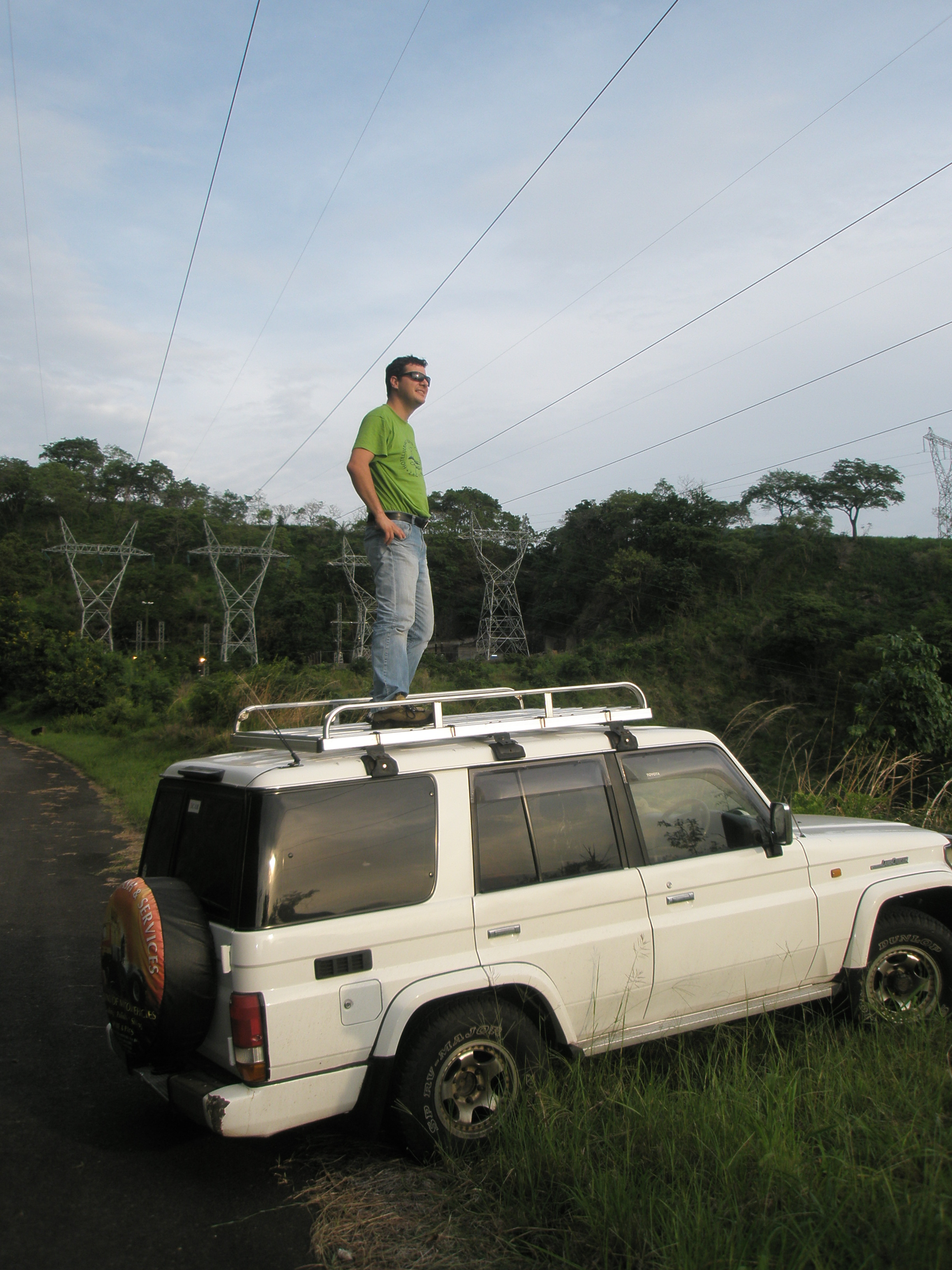Tanzania Traveling Tips

Documentation and Visa:
All visitors to Tanzania require a valid passport and visa for entry except nationals of commonwealth countries (except UK and Canada) and Scandinavian countries, Republic of Ireland , Rwanda , Rumania and Sudan. These nationals can obtain free visitors pass, valid for one to three months, and obtainable at the point of entry. For Zanzibar and Pemba , the visa is valid for one month. It is advisable to complete all documentation ahead of your arrival in Tanzania. Visas can be obtained from the Tanzanian consulate in your country
Health requirements:
A valid vaccination certificate for yellow fever and cholera is necessary as a prerequisite for entry as well as for your own safety. An Anti-malaria treatment under medical prescription is strongly recommended. Most lakes and rivers in Tanzania breed fly carrying Bilharzias germs, so insect repellent creams and flywhisks are important. Modern medical facilities are available in major towns like Dar es Salaam and Arusha.
Currency: The Tanzanian unit of currency is the Tanzanian shilling (Tsh). There are bills of 10,000, 5000, 2000, 1000 and 500 and coins of Tsh 200, 100 and 50. Coins of 20, 10 and 5 are rare but available and used. The American dollar is widely accepted. There are however plenty of Bureau de Change dealing with foreign exchange in Dar es Salaam and most major towns where the exchange rates are also given against cash or Travellers Cheques. DO NOT use middlemen who hang around Bureau de Change to convert your currencies, as most are simply conmen. If you are planning to carry Travellers Cheques, make sure you carry USD, EUR or GBP, as other currencies are mostly NOT acceptable by banks and FOREX Bureaus.
Credit cards are acceptable by major hotels and tour operators but its use is still minimal. Automatic Cash Machines – ATMs, are available in Dar es Salaam and other major towns, however, they mostly accept VISA and Master Cards only. It is better to use local currency to pay for small items and services.
Communications: The telephone system (fixed line and cell/mobile phones), fax and email/Internet services are widely available in almost all towns at most of the better hotels and business houses.
What to take: Visitors should bring a camera/camcorder, and binoculars and flashlight if you are going to be taking a safari. It is advisable to stock up on replacement batteries for your equipment as well as plenty of film as these are hard to come by in the wild and remote areas. Bring sun-glasses, a hat, sun lotion, lip balm and insect repellent spray. Even if you are taking anti-malaria medication, one should take precaution not to get stung. Take any required medication for the duration of your visit. An extra pair of glasses or contact lenses is also a good idea.
Photography: You are requested to follow instructions on photography inside the park, or your cameras might get confiscated. You are also requested to be sensitive about taking pictures of tribal people. Developing facilities are available in most major towns.
Electricity: Most hotels and lodges have sockets that allow electrical gadgets with 110 volts to be used even though locally the current is 220-240 volts. It helps to be on guard against sudden fluctuations in supply as that could ruin your expensive equipment. It is advisable to carry flashlights with extra replacement battery if you are going for a safari.
Security: Tanzania is generally a peaceful and law abiding country and safety levels are high compared to other African countries. But it always helps to follow precautions, especially in towns, inside Game reserves, hotels, beaches and highways. Do not wander alone at night or keep any luggage unattended even in a taxi or bus. Traveling by registered taxis or cabs is safe, however, it is advisable to negotiate the fare before commencing your journey.
Food/Drinks: Chinese and Indian restaurants (cuisines) are popular spots in both Zanzibar and Dar Es Salaam. Mishkaki, a popular local food – a kind of barbecued meat – and barbequed chicken is served in almost all restaurants. In Zanzibar and Pemba, a wide variety of traditional Swahili dishes, cooked in coconut and spices are available, as well as the traditional “Zanzibar Mix”. Soft drinks and fresh juices are available almost everywhere as is mineral water.
Clothing: Light and airy clothing are recommended. A pair of long trousers, shorts, cotton clothes, shirts, sweaters/jackets and two pairs of light shoes including boots usually serves your purpose for the safaris. The highlands can be quite cold so it is imperative that you bring some warm clothing as well, especially if you intend for a safari to these areas. There is normally a luggage limit of 10/15 kgs for local flights so travel light. Safari vehicles also have limited space so besides bags one is normally expected to take only a backpack and a camera. It is best to avoid hand luggage unless you are carrying sensitive camera equipment.
Tipping: Tipping is considered a normal practice and an essential part of a safari. This is done to show appreciation for any good services rendered. Tips to waiters, guides, camping staff and porters should be given in the local currency as far as possible.
